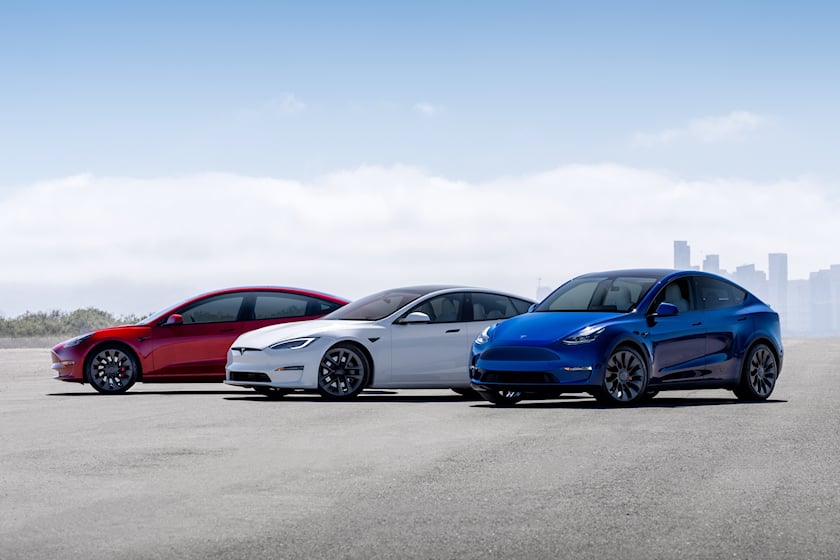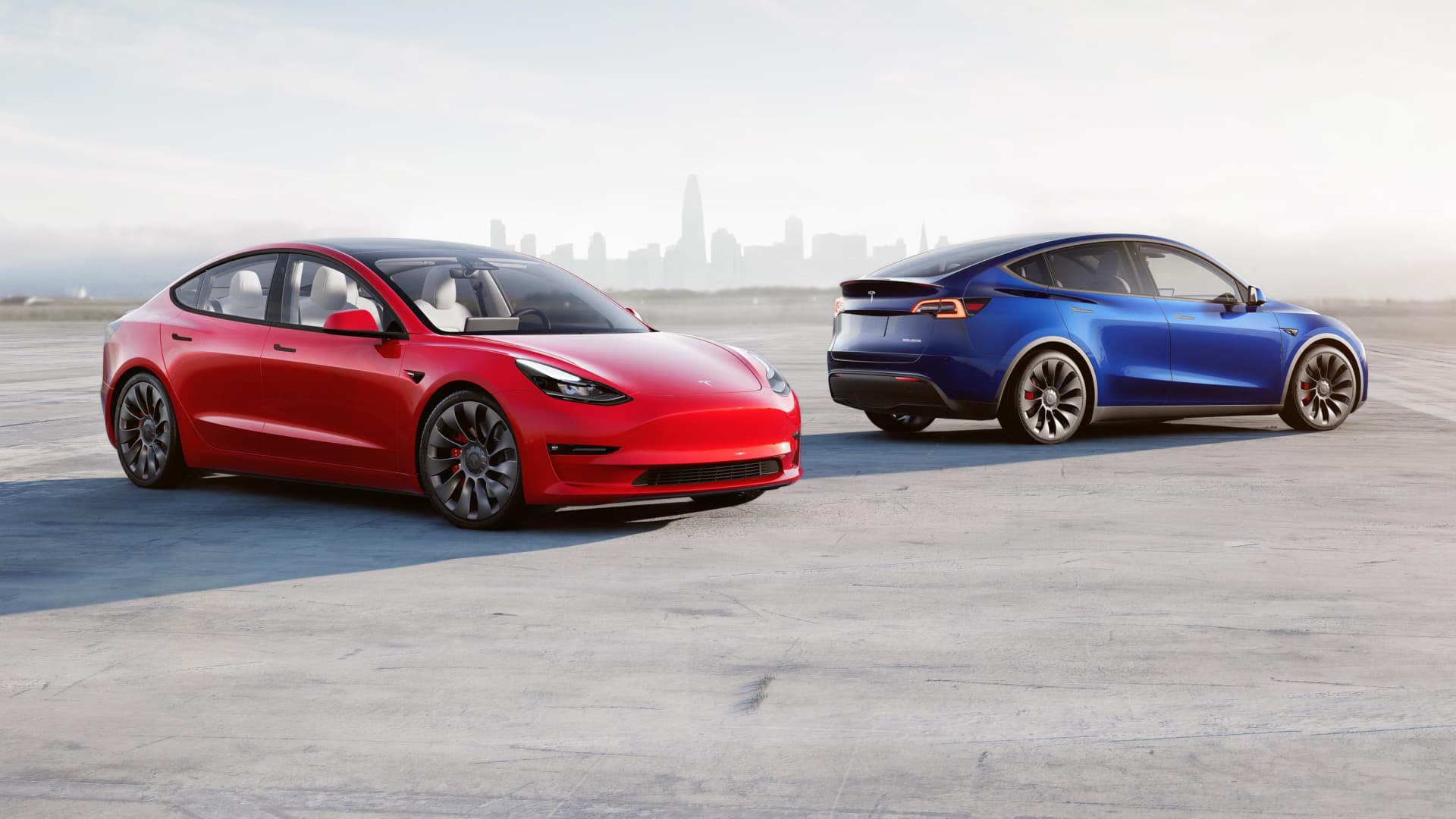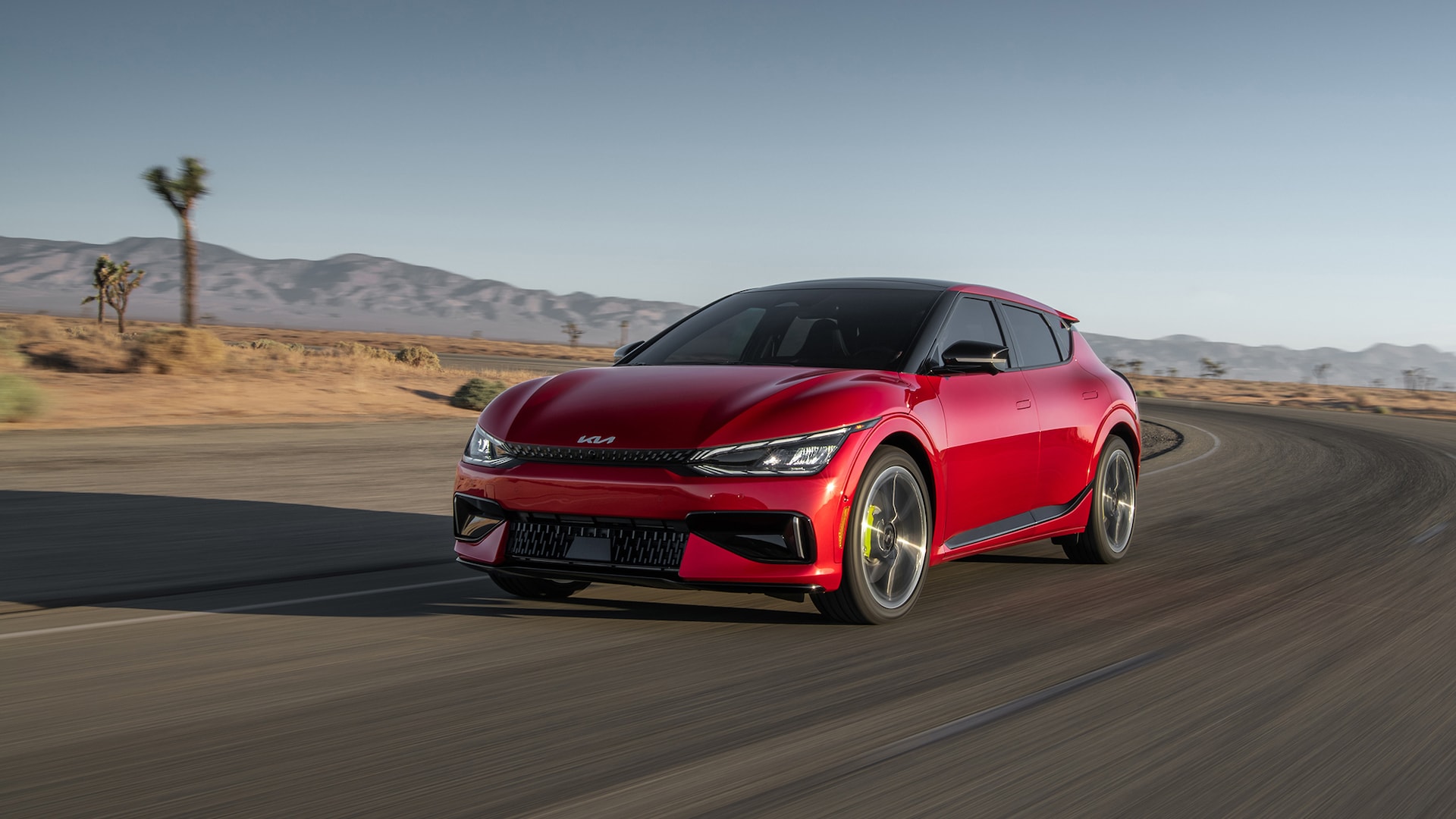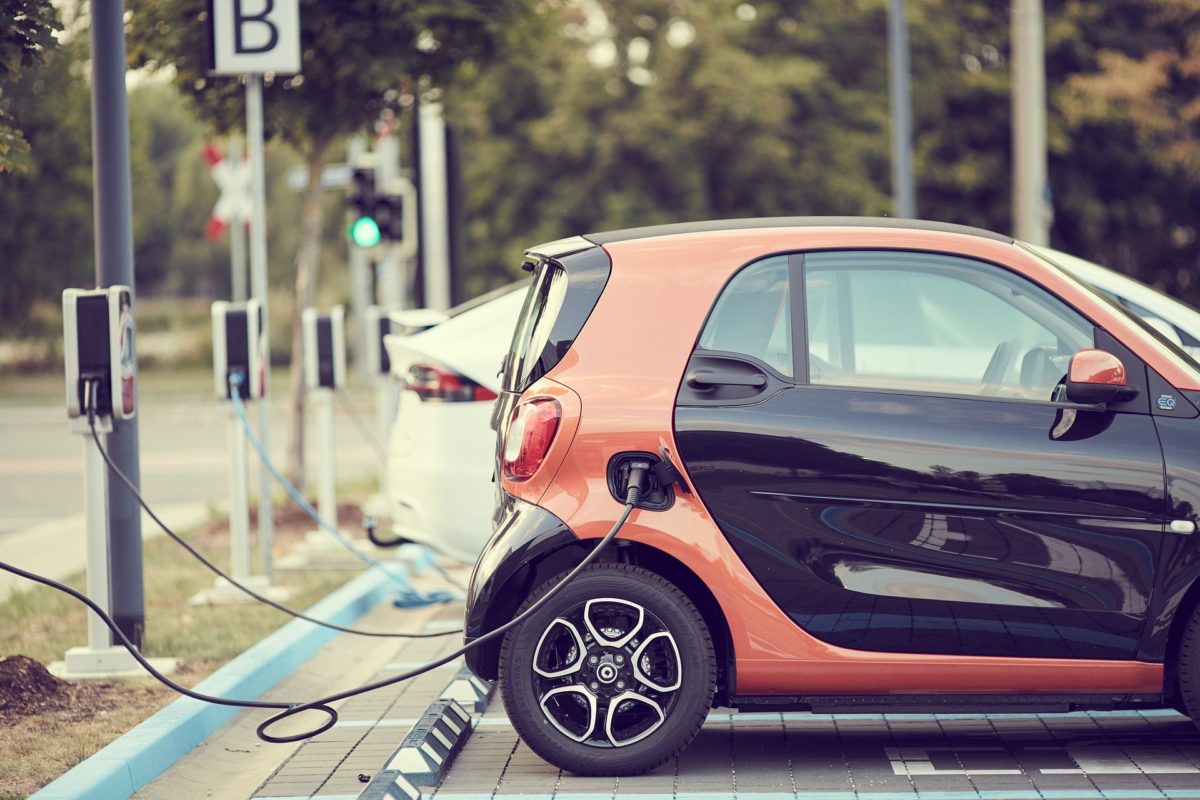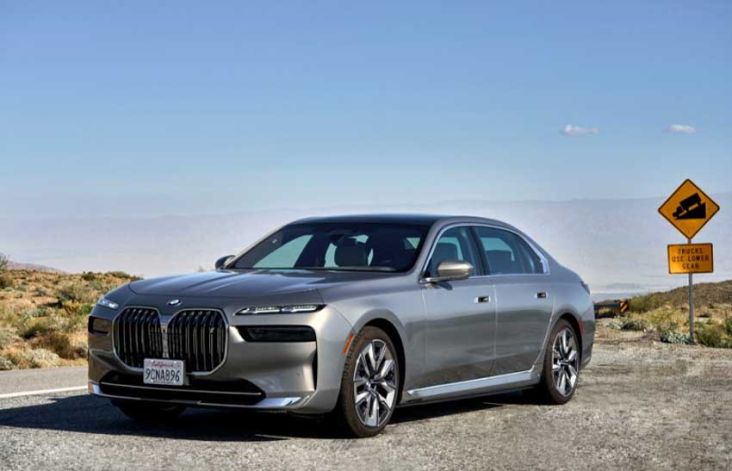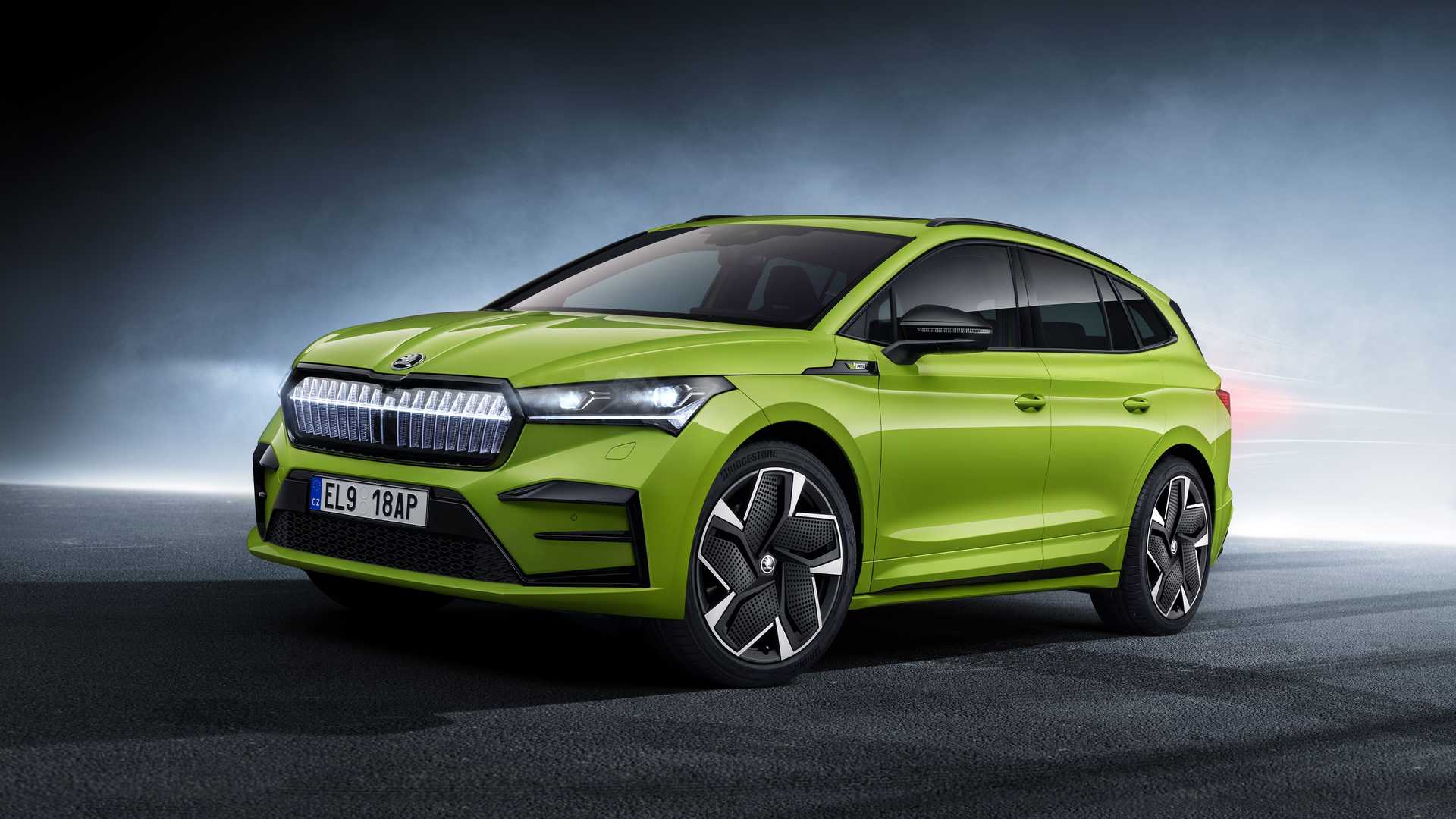The year 2022 saw a historic milestone for the electric vehicle (EV) market, as sales reached a record 7.8 million units, making up 10% of global automotive sales. According to the Wall Street Journal, global EV sales saw a 68% increase in 2022 compared to the previous year.
China, being the largest automotive market, also held the highest percentage of EV sales, accounting for nearly two-thirds of the total. This means that around 20% of cars sold in China were fully electric. In Europe, the figure was slightly lower, with electric vehicles comprising 10% of new car sales, but increases to 20% when including plug-in hybrids.
In Germany, 25% of all vehicles produced were electric vehicles (EVs) and in December, more EVs were purchased than traditional internal combustion vehicles, as buyers sought to take advantage of government incentives before they were reduced in 2023.
Similarly, in the United States, which has a slower rate of EV adoption compared to Europe and China, EV sales are on the rise. Currently, only 5.8% of all vehicles sold in the US are electric, but this is an increase from 3.2% in 2021.
Tesla remains the top electric vehicle (EV) manufacturer worldwide, with China’s BYD and SAIC Motor Corp. close behind. However, as other companies such as VW, Ford, and GM increase their production of EVs, Tesla’s dominance may be challenged in the future.
Additionally, analysts predict that the growth of EV sales may slow as economic conditions weaken and energy prices rise in Europe, making 2023 a potentially less successful year for the EV market compared to 2022.

